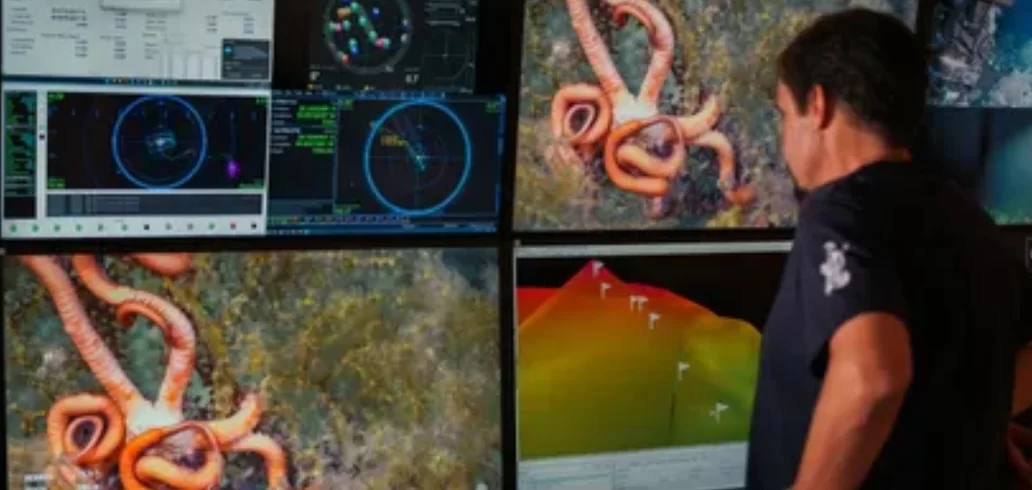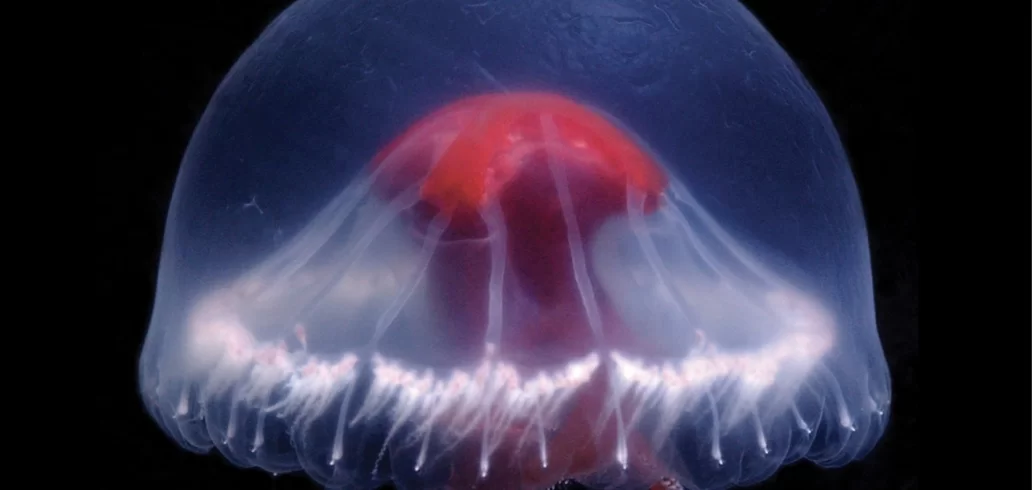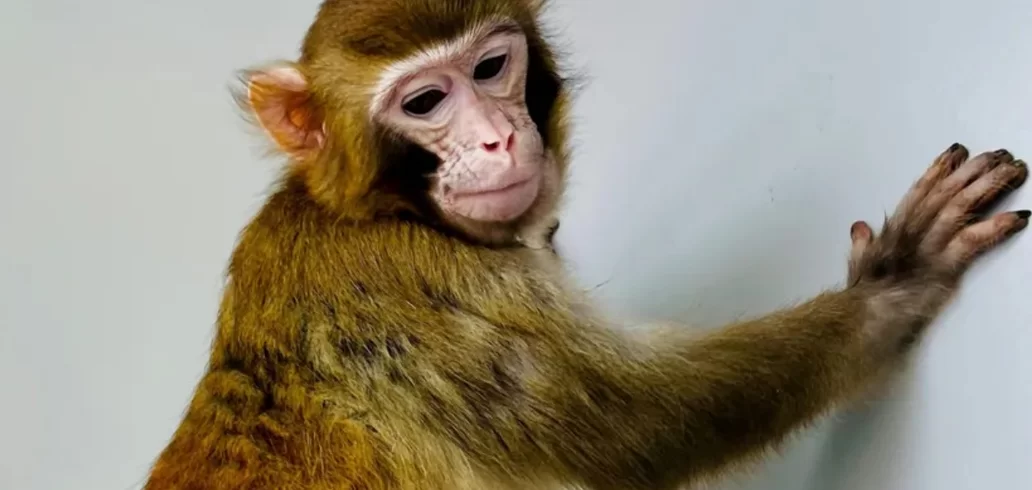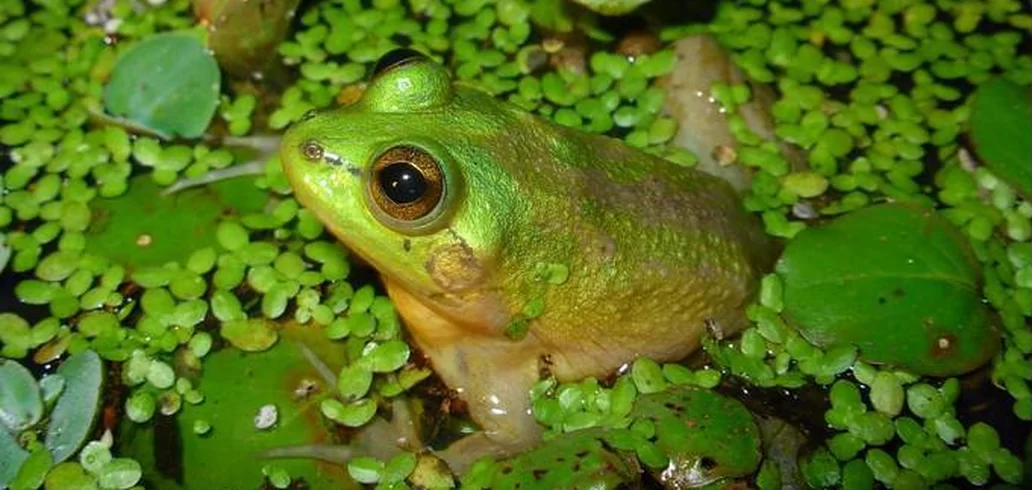Entertainment
Studying the poop of aardvarks can contribute to the survival of the species; understand
Advertisement
1. **Health and Diet**: Analyzing your aardvark’s poop can reveal a lot about its health and diet. For example, it can tell you whether it’s getting adequate nutrients, eating toxic plants, or having digestive problems.
2. **Ecology and conservation**: Studying poop can help researchers better understand the role of the aardvark in the ecosystem in which it lives. This could include information about its eating habits, interactions with other species, and impact on the environment.
3. **Genetics and populations**: Genetic analysis of poop can provide information about the genetic diversity and population structure of aardvarks. This is important for understanding population health and aiding conservation efforts.
4. **Parasites and diseases**: Studying poop can also help identify parasites and pathogens that affect aardvarks. This is crucial for monitoring and mitigating potential threats to the health of the species.
In short, studying aardvark poop may seem peculiar, but it is an important tool for scientists to better understand these animals and help conserve their species.
Ant-pigs have spread throughout the habitat
The increased distribution of aardvarks in their natural habitat may have several reasons and consequences. Here are some possible explanations for this phenomenon:
1. **Territorial expansion**: Aardvarks may be expanding into new areas in search of food resources, shelter, and space. This may be driven by changing environmental conditions, such as changes in vegetation, food availability, or predation pressures.
2. **Response to climate change**: Climate change, such as changes in temperature or precipitation patterns, may be affecting the habitat of aardvarks. In response to these changes, they may be moving to areas where conditions are more favorable for their survival and reproduction.
3. **Human interactions**: Human activity, such as deforestation, agriculture, and urbanization, may be altering the habitat of aardvarks. In some cases, they may be moving to less disturbed areas or adapting to human-modified environments.
4. **Changes in food availability**: Changes in food availability, whether due to changes in vegetation or the introduction of agricultural crops, can influence the movement and distribution patterns of aardvarks.
5. **Conservation Response**: Successful conservation efforts may be contributing to the increase in the population and distribution of aardvarks in some areas. This may include measures such as habitat protection, reintroduction to areas where they have been extirpated, and predator control.
Overall, understanding the distribution patterns of aardvarks and the reasons behind their increase is crucial to inform conservation and management measures that ensure the survival and well-being of these species.
Trending Topics

Low demands, simple routine, and $$6 per hour? What to expect from KFC today
KFC pays about US$1,400 per hour and offers a simple entry-level position for those seeking stability. See how the routine works.
Keep Reading



